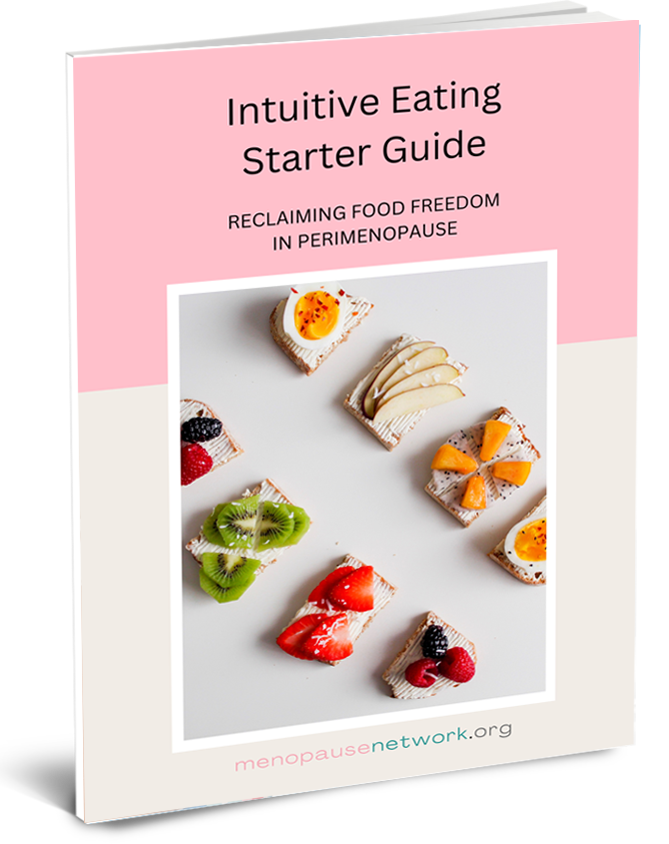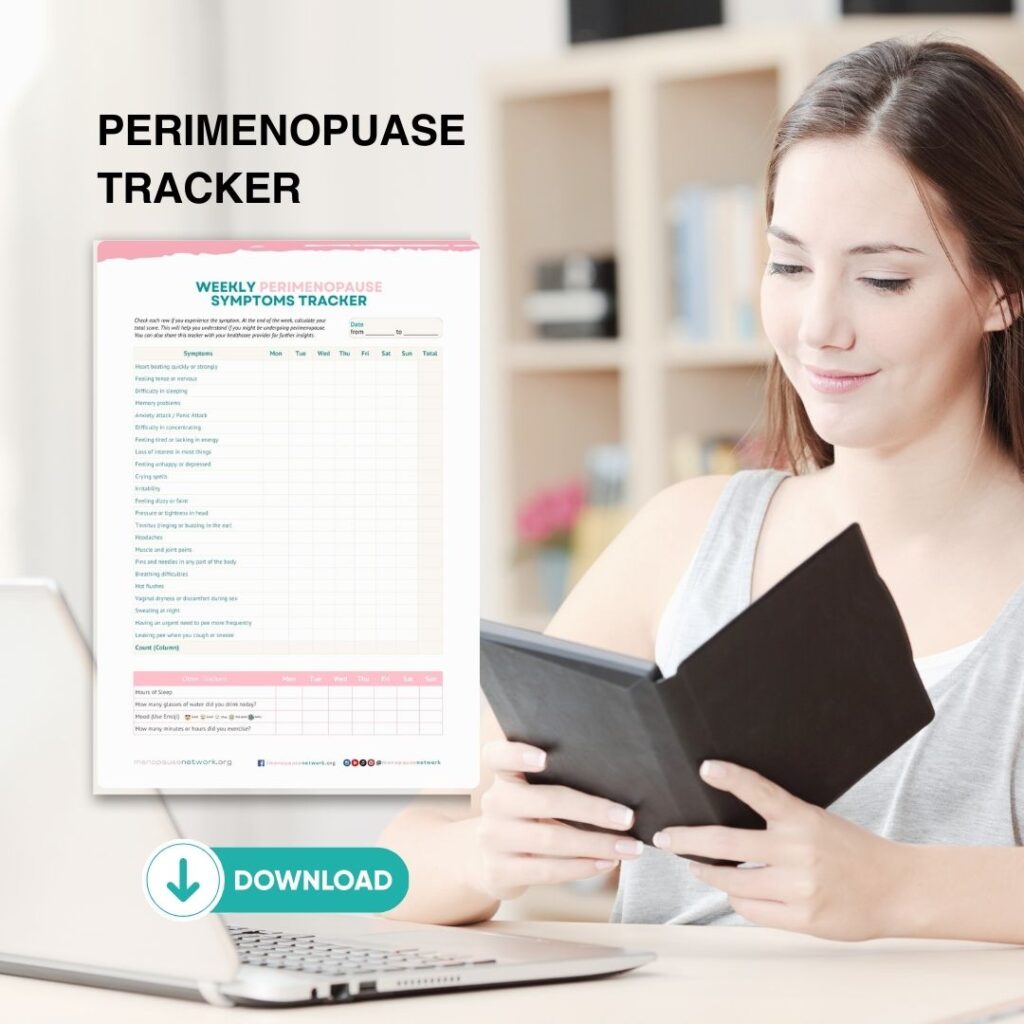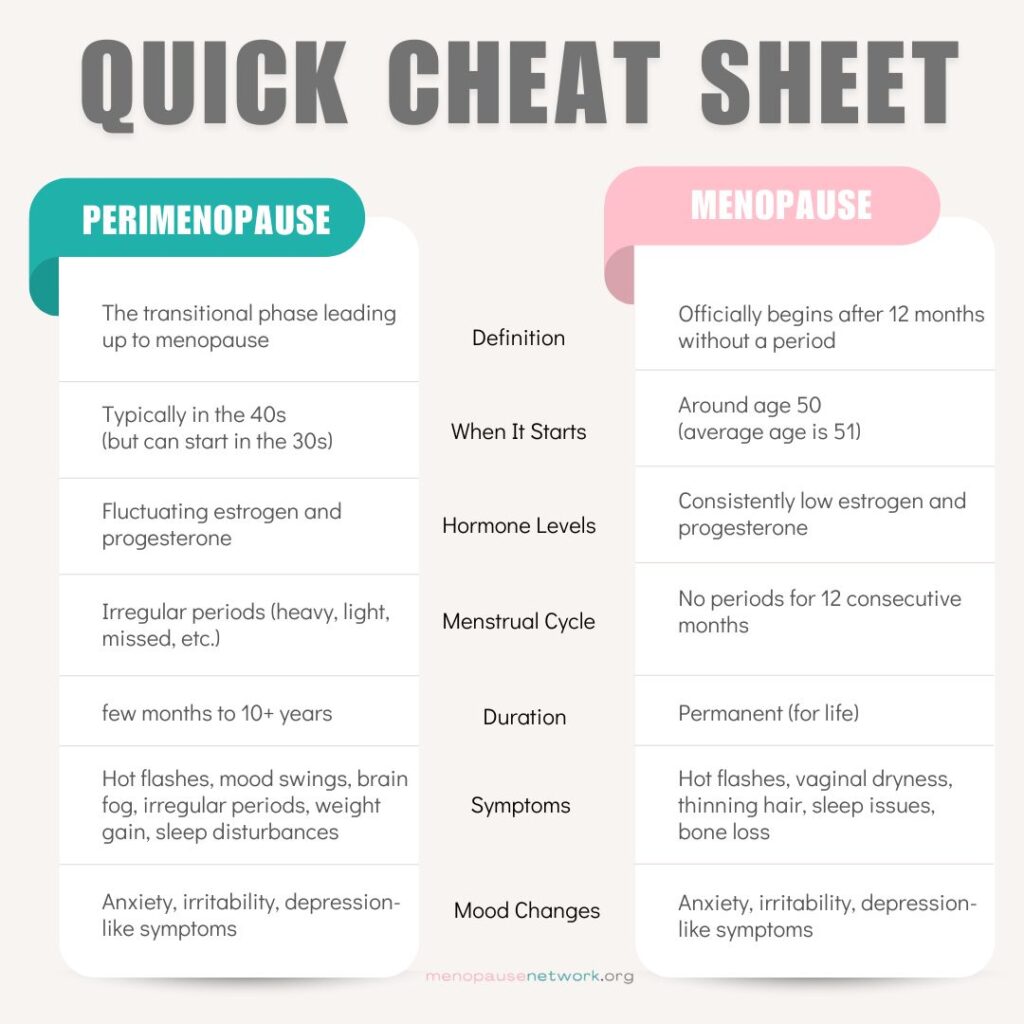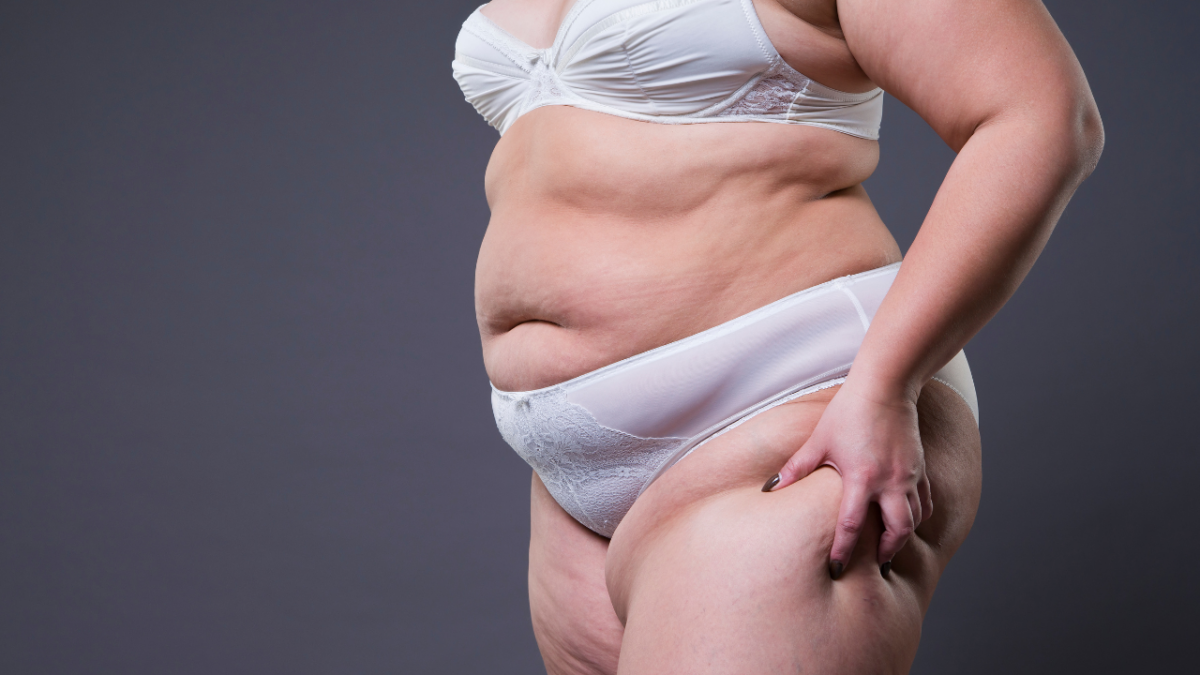Reset, Recharge, Reinvent: The Menopause Fresh Start Protocol
I want you to imagine something with me. Picture your body as a grand old house. One day, without warning, the wiring begins to flicker. The plumbing sighs. The paint peels in weird places. It feels unsettling. Disorienting. You might even wonder if the whole place is falling apart.
That’s what menopause feels like for so many women. But here’s the truth no one tells you: menopause is not a breakdown. It’s a renovation project. It’s a chance to rebuild, not out of weakness, but out of wisdom.
Most of us hit menopause feeling blindsided. You notice that your sleep is thinner, your moods are jagged, and your energy slips through your fingers like sand. You’re told it’s “just hormones” and that nothing can really be done. That couldn’t be further from the truth.
You can reset your biology in ways that are grounded in evidence. And you can redefine what this decade — this phase — means for your health, your identity, and your future. That’s what this protocol is about. Not denial. Not desperation. But renewal.
In this guide, I’m going to walk you through a protocol that integrates research from lifestyle science with real woman‑to‑woman wisdom. This is actionable, sustainable, and deeply human.
Why Menopause Isn’t a Crisis — It’s a Signal
Let’s begin with what’s happening inside your body.
Menopause begins when your ovaries stop releasing eggs and estrogen declines. The official medical definition says menopause has occurred once you’ve gone 12 consecutive months without a period. Most women reach this point between ages 45 and 55. Yet for many, the transition — called perimenopause — starts years earlier with subtle but powerful physiological changes. Symptoms can show up long before your last period.
Estrogen isn’t just about reproduction. It plays roles in bone strength, heart function, sleep regulation, insulin sensitivity, mood, and more. When it diminishes, those systems don’t simply switch off — they rebalance. That rebalance shows up as hot flashes, night sweats, weight redistribution, brain fog, emotional shifts, sleep issues, and even changes in libido.
This biochemical shift is a cue, not a crash. It signals that your body needs new rhythms, new inputs, and new care strategies. And if you respond intelligently, you can ease discomfort and reduce health risks that historically have been associated with menopause, such as osteoporosis and cardiovascular disease.
Understanding menopause as a transition and not as a failure changes everything.
The Six Pillars of Transformation
The Menopause Fresh Start Protocol is built on six pillars. These are not gimmicks. They are lifestyle domains backed by research that show improvements in symptom experience, metabolic health, and quality of life.
They are:
- Nourish well with purpose
- Move in ways that build strength and resilience
- Optimize sleep and recovery
- Manage stress in sustainable ways
- Reframe your relationship with your body
- Collaborate with healthcare to personalize care
Let’s break each one down.
1. Nourish with Purpose
Food is not a punishment or a project. It is medicine.
And in menopause, nutrition matters more than ever.
As estrogen falls, your metabolism changes, your risk of insulin resistance increases, and the way your body stores fat shifts — often toward the abdomen. That isn’t laziness or lack of willpower. It’s biology. But it is modifiable. There’s strong scientific consensus that nutrition influences bone health, heart health, energy levels, and inflammation during menopause.
A diet rich in whole foods — think colorful vegetables, lean protein, healthy fats, and whole grains — supports your body in multiple ways. Traditional Mediterranean‑style patterns, emphasizing olive oil, oily fish, nuts, legumes, and greens are linked with reduced inflammation and better cardiovascular health.
Here’s what research and clinical experience tell us matters most:
Protein at Every Meal
Protein supports muscle mass, and muscle is a metabolic engine. When you preserve muscle, you help regulate blood sugar, maintain strength, and stay active.
Calcium and Vitamin D
Bone density decline accelerates in menopause. You can support bone health with calcium‑rich foods and safe sun exposure or supplementation with vitamin D.
Fiber and Healthy Fats
Fiber stabilizes your blood sugar and supports digestion — both essential for mood and energy. Healthy fats from sources like avocados, nuts, seeds, and fish promote heart health.
Balanced Meals Over Restrictive Diets
Yanking calories low often backfires in menopause. A balanced plate that fuels rather than restricts helps you feel energized and reduces the urge to binge.
Nutrition isn’t about perfection. It’s about patterns and habits that keep you feeling steady.
2. Move to Thrive
Exercise is the cornerstone of vitality in menopause. It isn’t optional. It’s essential.
Evidence shows that physical activity — particularly strength training, weight‑bearing exercise, and aerobic movement — supports bone health, maintains muscle mass, helps regulate mood, and may improve some symptoms such as sleep disruption and quality of life.
Research suggests that yoga and other mindful movement practices might help with physical and psychological symptoms, even if more studies are needed to pinpoint exact effects.
Here’s how to make movement work for you:
Set a Weekly Pattern
Aim for 150 minutes of moderate activity each week, like brisk walking, swimming, or biking. Add two to three sessions of resistance training to build strength and protect bone health.
Include Mindful Movement
Yoga, tai chi, and Pilates aren’t just “gentle exercise.” They sync body and breath — helping your nervous system settle and promoting better balance and flexibility.
Make It Joyful
Movement that you enjoy is the movement you will keep. Dance, walk with friends, lift weights, swim laps, hike — variety is engagement, and engagement brings sustainability.
Exercise works in concert with your hormones, metabolism, and brain chemistry. It’s not punishment — it’s empowerment.
3. Prioritize Better Sleep
Sleep isn’t just rest. It is where your body repairs itself.
Menopause often brings night sweats, insomnia, and difficulty staying asleep. Broken sleep is not normal. It’s common, but that doesn’t mean it has to stay that way.
Quality sleep supports:
- appetite regulation
- emotional stability
- energy levels
- cognitive clarity
These are not small bonuses. They shape the way your day feels from dawn to dusk.
Here’s how to cultivate deeper restorative sleep:
Routine Matters
Go to bed and wake up at the same time every day, even on weekends. Your body loves rhythm.
Cool, Quiet, Screen‑Free Zone
Keep your sleep space cool and dark. Power down screens at least an hour before bed.
Wind‑Down Rituals
Baths, calming teas, journaling, soft music — find a routine that signals to your body that it’s time to relax.
Don’t settle for chronic sleep debt. Your nervous system, hormones, and mental health need real rest.
4. Build Stress Management Into Your Life
Chronic stress makes menopause symptoms worse. Simple as that.
Stress releases cortisol. Cortisol interferes with sleep. It disrupts appetite. It can throw your mood out of balance. You don’t have to eradicate stress — that isn’t realistic — but you can build resilience to it.
Lifestyle medicine reviews point to mental well‑being as a central pillar in easing menopausal symptoms and improving quality of life.
Mind‑body practices like meditation, breathwork, mindful walking, or gentle stretching help calm the nervous system. You don’t need a retreat. You need tiny, daily practices that anchor you.
Imagine your breath as a reset button available at any moment. Take it. Use it. You deserve it.
5. Reinvent Your Relationship With Your Body
Here is a truth worth echoing: Your body is not failing you. It is changing. And that change can feel unfamiliar and even unwelcome.
When you shift your internal narrative from rebellion against your body to partnership with it, something remarkable happens. You stop fighting symptoms and start listening to signals. You stop feeling reactive, and you begin to feel responsive.
This shift — from critique to curiosity — is what psychologists call reframing. It nurtures resilience, reduces negative self‑talk, and supports long‑term behavior change. Research shows that behavior change strategies that honor your humanity are more successful than those driven by guilt or shame.
So celebrate progress. Notice what works. Journal what feels hard. Notice small wins — the walk you did take, the meal that nourished you, the moment you slept better.
Your story doesn’t end at menopause. It evolves.
6. Partner With Healthcare Providers
Lifestyle is powerful. But there are times when medical partnership amplifies that power.
Hormone therapy is one such area. For many women, hormone therapy can significantly ease hot flashes, protect bone density, and support overall well‑being. The Mayo Clinic and other medical authorities recognize that hormone treatment may be most beneficial when started earlier in the menopause transition and tailored to the individual.
This isn’t about pushing medication. It’s about informed choice. Talk with a clinician who understands menopause. Ask about options, risks, benefits, timing, and personal health history.
This is your body. Your choice. And the right guidance can make all the difference.
A 12‑Week Protocol to Reset, Recharge, and Reinvent
Weeks 1–4: Establish Your Foundation
- Nutrition: Start daily balanced meals with protein and vegetables.
- Movement: Build consistency with gentle cardio and stretching.
- Sleep: Commit to a nightly ritual and set a sleep schedule.
- Mindset: Begin journaling daily about what you want from this next stage of life.
Weeks 5–8: Deepen Your Practice
- Strength Training: Add resistance work twice a week.
- Mind‑Body Care: Introduce brief meditation or breathwork.
- Symptom Tracking: Note patterns that relate to diet, sleep, and mood.
Weeks 9–12: Expand and Evaluate
- Social Support: Connect with a community or group for motivation.
- Healthcare Check‑In: Review progress with a clinician and adjust as needed.
- Reflection: Assess what’s working and refine habits.
What Real Success Feels Like
Success here is not about being symptom‑free. It’s about feeling capable.
It’s waking up without dread. It’s feeling mentally sharp. It’s moving in ways that feel good. It’s sleeping more nights than not. It’s eating food that feels like fuel, not punishment. It’s looking in the mirror and feeling solid, grounded, and ready for the next chapter.
Menopause is not a decline. It’s a pivot. And using this protocol as your blueprint, you can navigate it with curiosity and confidence.
References
Academy of Nutrition and Dietetics. (2025). Nutrition and menopause. https://www.eatright.org/health/wellness/healthful-habits/nutrition-and-menopause
International Menopause Society. (2025). The role of lifestyle medicine in menopausal health: A review of non‑pharmacological strategies. https://www.imsociety.org/wp-content/uploads/2025/10/IMS-White-Paper-The-Role-of-Lifestyle-Medicine-in-Menopausal-Health-2025.pdf
Mayo Clinic. (2024). Menopause diagnosis and treatment. https://www.mayoclinic.org/diseases-conditions/menopause/diagnosis-treatment/drc-20353401
Nursing in Practice. (2025). Lifestyle changes can empower patients and improve menopause symptoms. https://www.nursinginpractice.com/clinical/womens-health/lifestyle-changes-can-empower-patients-and-improve-menopause-symptoms/
BMC Women’s Health. (2024). The impact of physical activity and exercise interventions on symptoms for women experiencing menopause. https://link.springer.com/article/10.1186/s12905-024-03243-4
Cambridge University Press. (2024). Menopause as a window of opportunity: Health behavior interventions. https://www.cambridge.org/core/journals/proceedings-of-the-nutrition-society/article/menopause-as-a-window-of-opportunity-the-benefits-of-designing-more-effective-theorydriven-behaviour-change-interventions-to-promote-healthier-lifestyle-choices-at-midlife/FB952A924109DE84652F95787FD2CC16



























